This website uses cookies so that we can provide you with the best user experience possible. Cookie information is stored in your browser and performs functions such as recognising you when you return to our website and helping our team to understand which sections of the website you find most interesting and useful.
Kostiantynivka Territorial Community
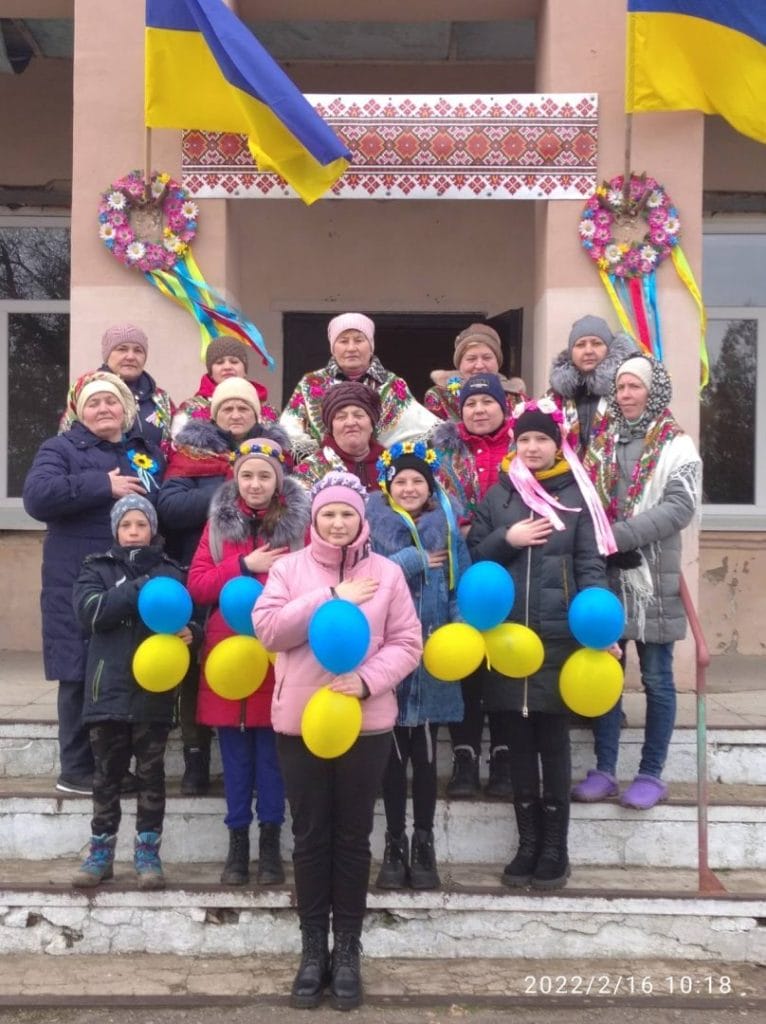
The Kostiantynivka territorial community is located on the territory of the Kakhovka district, Kherson region.
The total area of the territory is 2,598.19 km2.
The population of the community was 3,747 people (as of January 1, 2022)
Women: 1,143
Men: 1,193
Children: 1,411
The community includes 9 population centers and has its administrative center in the village of Kostiantynivka.
History
The village of Kostiantynivka, the center of the community, was founded in 1862. The first settlers came here from Kairy Volost, Dnipro County, Tavria Province.
The village of Antonivka was founded in 1921. According to one of the legends, the name of the population center comes from the name of one of the first settlers. They were settlers from the village of Kairy who were resettled in the uninhabited steppes for the purpose of their colonization.
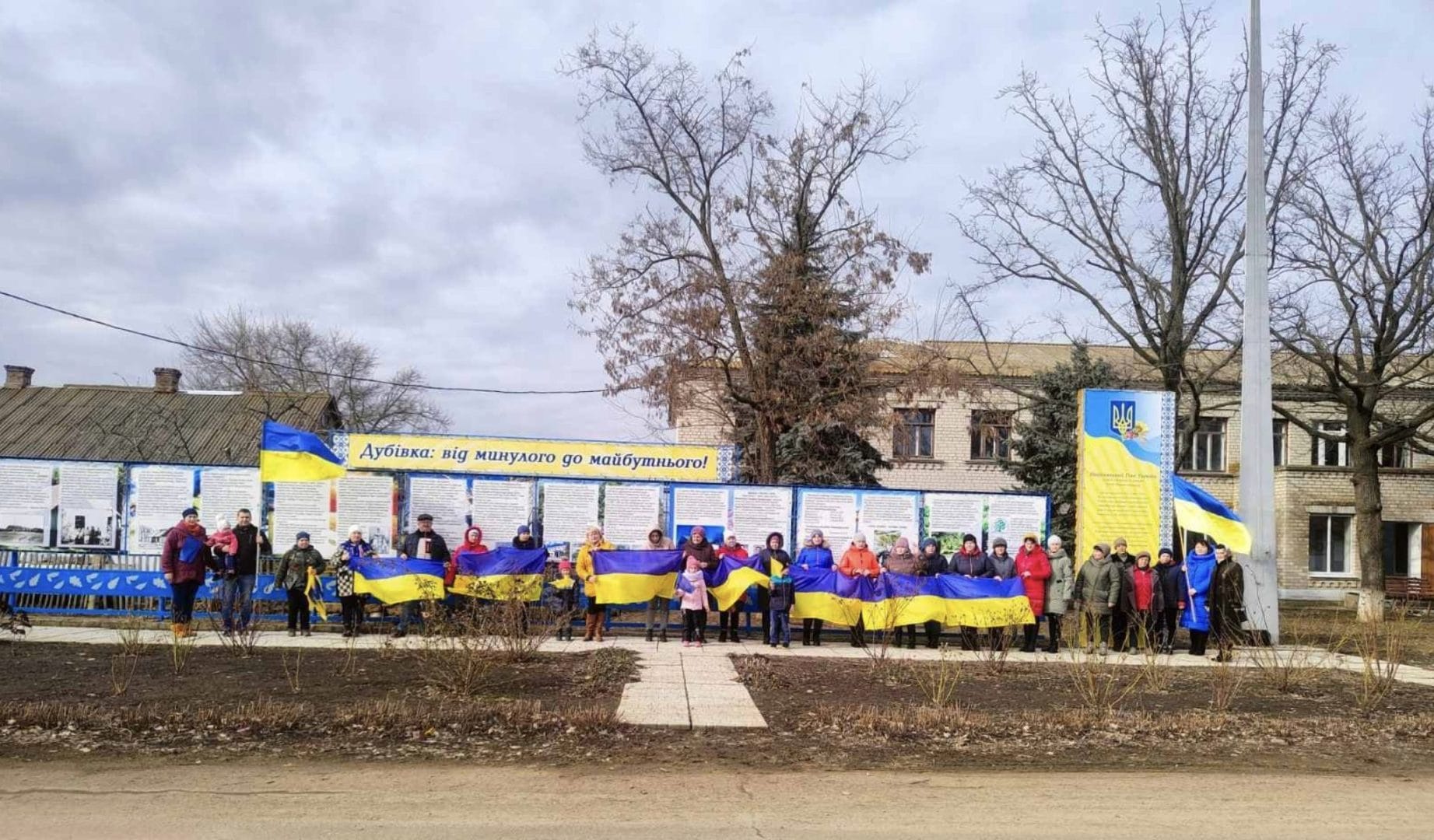
The village of Dubivka was founded in 1911 on the lands belonging to the landowners Falz-Feins. The first name of the settlement is Chervona Khatka. The main inhabitants were immigrants from the villages of Hornostaivka and Kairy. Residents of the village brought and planted oak saplings and decided to name the village Dubivka (Ukrainian “dub” translates as “oak” into English) at the general meeting of the community. Before the beginning of the full-scale invasion, the public organization “Dubivskyi Dobrobut” was active in Dubivka, which united residents to implement projects for improvement and restoration of the historical past of the village (Dubivka – from the past to the future project).
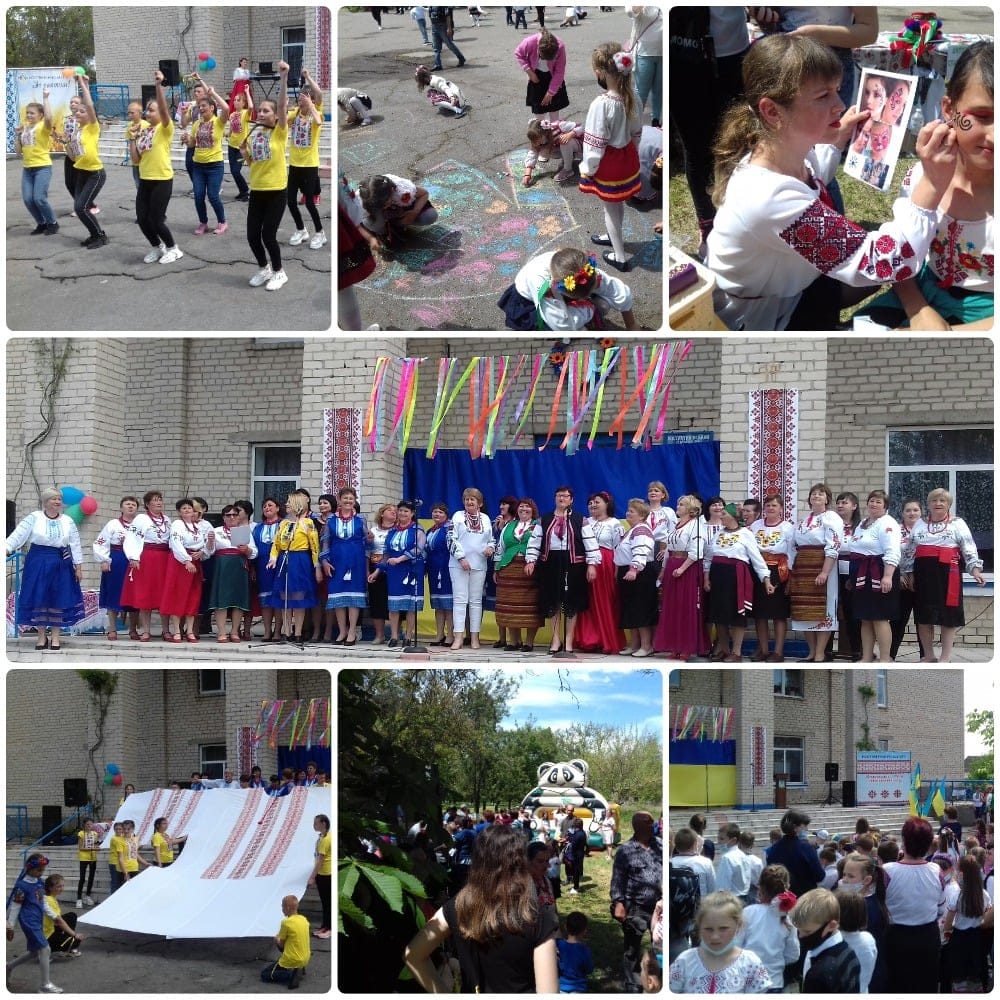
The village of Chervona Poliana, founded in 1921, was part of the Kairy Volost. The name of the settlement comes from the name of the first two streets, Chervona and Poliana. The street was named Chervona (Eng.: “red”) because the houses on this street were covered with red tiles, and Poliana (Eng.: “meadow”) was located next to virgin land.
Economy and Welfare
Before the full-scale invasion, 34 enterprises were located on the territory of the community, of which 21 were farming enterprises. 45.7% of businesses are owned by women here.
The main advantages of the community were irrigated land, the availability of an elevator and railway connection.
One of the main budget-generating enterprises in the territory of the community was “FREEDOM FARM INTERNATIONAL”, which was engaged in the cultivation of grain and technical crops on irrigated lands, wholesale trade in grain, seeds and animal feed, and the production of unrefined oils and fats.
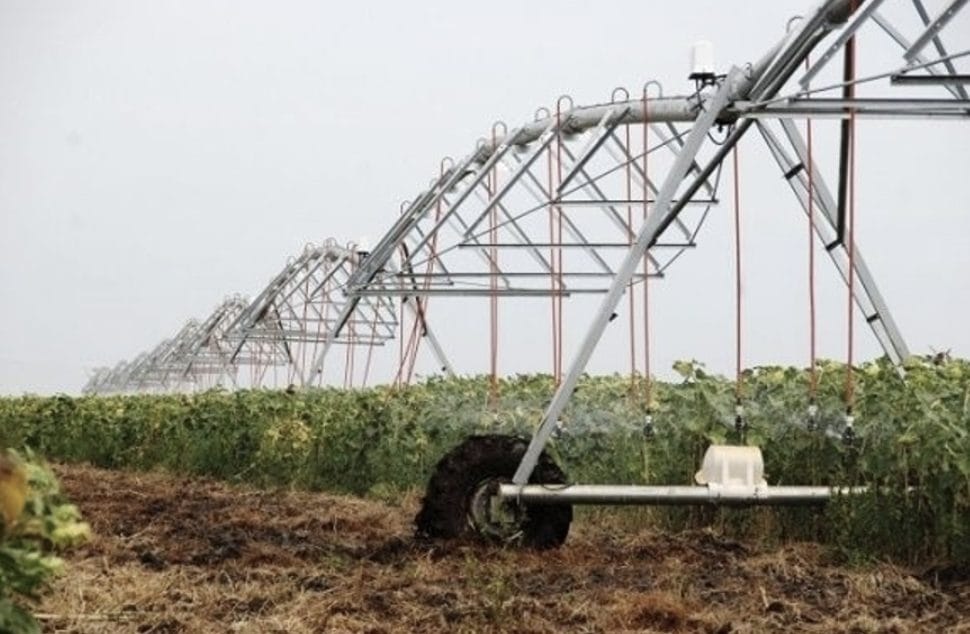
There is the Bratoliubivka elevator in the community. Its simultaneous storage capacity reaches 163.5 thousand tons, and the maximum shipment by railway is 400-1700 tons per day.
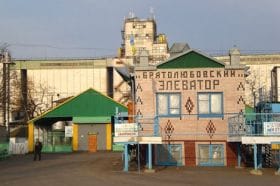
The communal enterprise “Prolisok” operated on the territory of the community, the main activity of which was the collection and supply of water. This enterprise received the international grant under the “Program of support for agricultural and rural development in Ukraine”. As part of this project, agricultural machinery was purchased, which made it possible to increase the profitability of the enterprise due to the expansion of the list of services.
Community and War
Since February 24, 2022, the community has been under the occupation by russian troops.
The community became an isolated region, where there were difficulties with the issuance of pensions and social benefits, as well as the receipt of cash by bank clients who did not have payment cards. Products disappeared from stores, medicines from pharmacies, families with children needed baby food and hygiene products.
The most painful problem was the disappearance of bread and yeast. Under these circumstances, they united here and organized the delivery of flour from the state reserve. Part of the flour was distributed to people, and the rest was given to local entrepreneurs who baked bread. Volunteers transported yeast under fire from the controlled territory of Ukraine through the Kakhovka Reservoir from the right bank to the left bank.
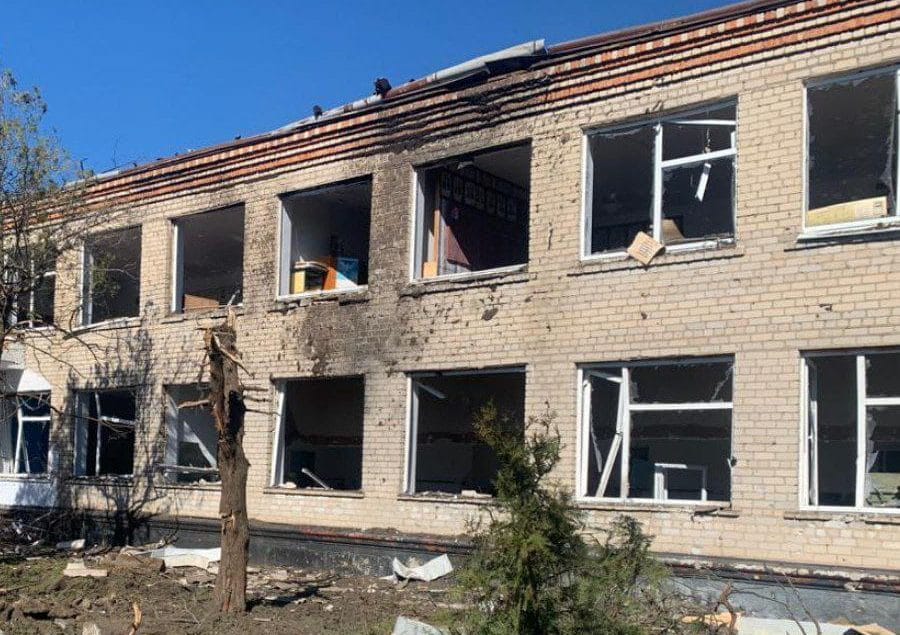
From March to August 2022, there was a volunteer center in the community that helped people with food and medicine. Medicines and hygiene products were delivered from the controlled territory through 29 russian military checkpoints. All this became possible thanks to active cooperation with volunteer organizations and charitable foundations from the controlled territory – with some of them we worked on projects even before the beginning of the full-scale russian invasion.
In total, more than 15,000 food kits were issued, the products for which were provided by local entrepreneurs and benefactors.
As of now, the leadership team and most of the residents have left for the territory controlled by Ukraine. There they implement a servicemen support project: the community provides one-time payments to mobilized and wounded servicemen. Funds for the support of the Armed Forces of Ukraine are allocated annually from the community budget.
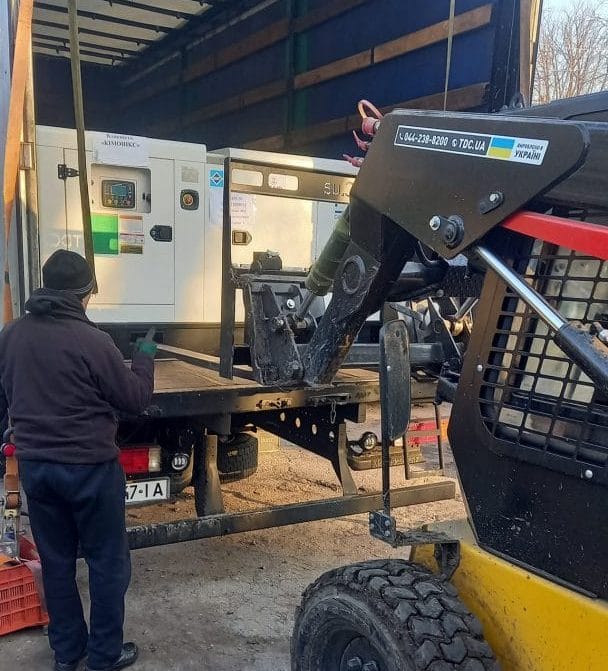
Thanks to the support of UCBI 4, USAID and the Charity Fund “For the Kherson Region”, the community received 1,000 liters of fuel and a powerful Darex energy generator, which will definitely come in handy in the first days after the liberation of the community.
People of the Community
Oleksiy Kilderov is the head of the community. Together with the team, he is working to attract investments into the community that will help speed up recovery after de-occupation. He organizes support for residents who were forced to temporarily leave their homes.
At the beginning of the full-scale invasion, the head of the community, together with a team of like-minded people, organized a humanitarian hub where people could get medicine, hygiene products and food.
Thanks to a dual-purpose vehicle received from UNDP for the provision of social services, the community managed to deliver bread to the population centers from a bakery located 30 km away. Considering the danger of driving through russian checkpoints, the head of the community personally drove the car. Currently, the leadership of the Kostiantynivka community is temporarily carrying out its activities from the territory of the Novovorontsovka community. The main task is to support the military and residents who left for the de-occupied territory.
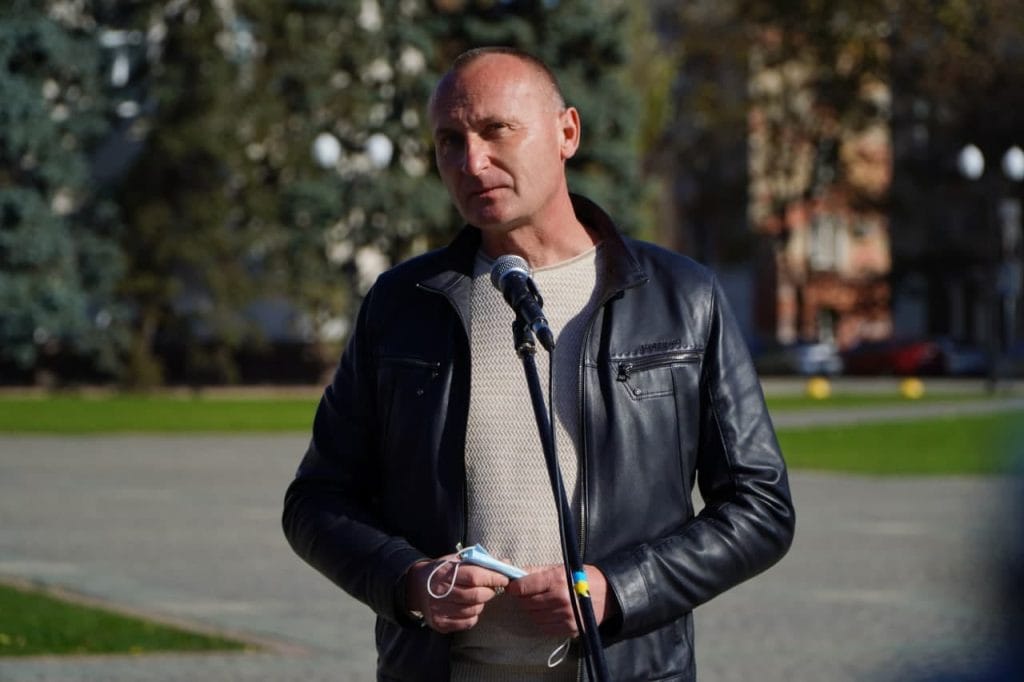
Active residents of the community created four public organizations that implemented public budget projects of the Kostiantynivka territorial community and their own projects for the improvement of population centers.
The unique on-stage performance group “Rosynka” operates in the community, whose members research and popularize ethnic folklore. Thus, the members of the team recreated the rites characteristic of the Kherson Region and recognized as intangible cultural heritage: military send-offs; sowing period feast; spring folk songs; Ukrainian wedding.
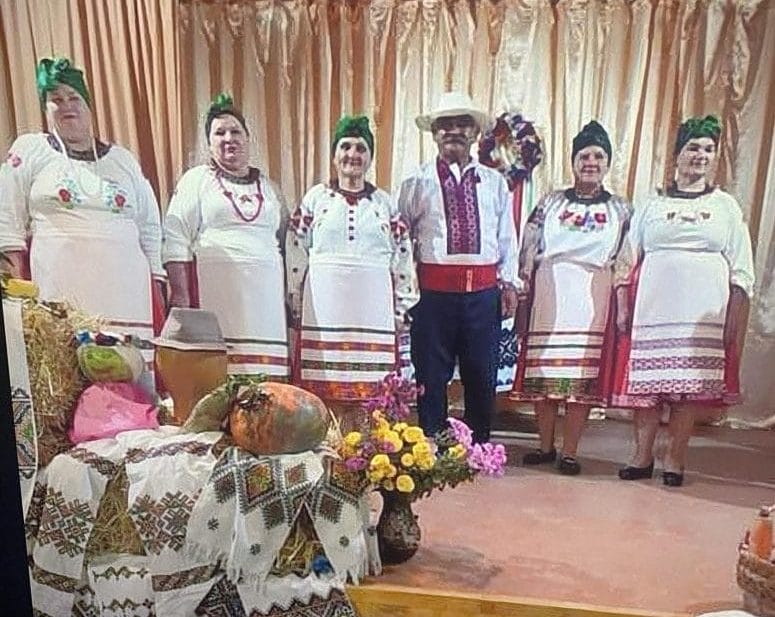
The vocal ensemble “Zoretsvit” of the Kostiantynivka community has participated in regional and all-Ukrainian vocal competitions many times. The team members were among the initiators of the “Ukrainian Kerchief” flash mob.
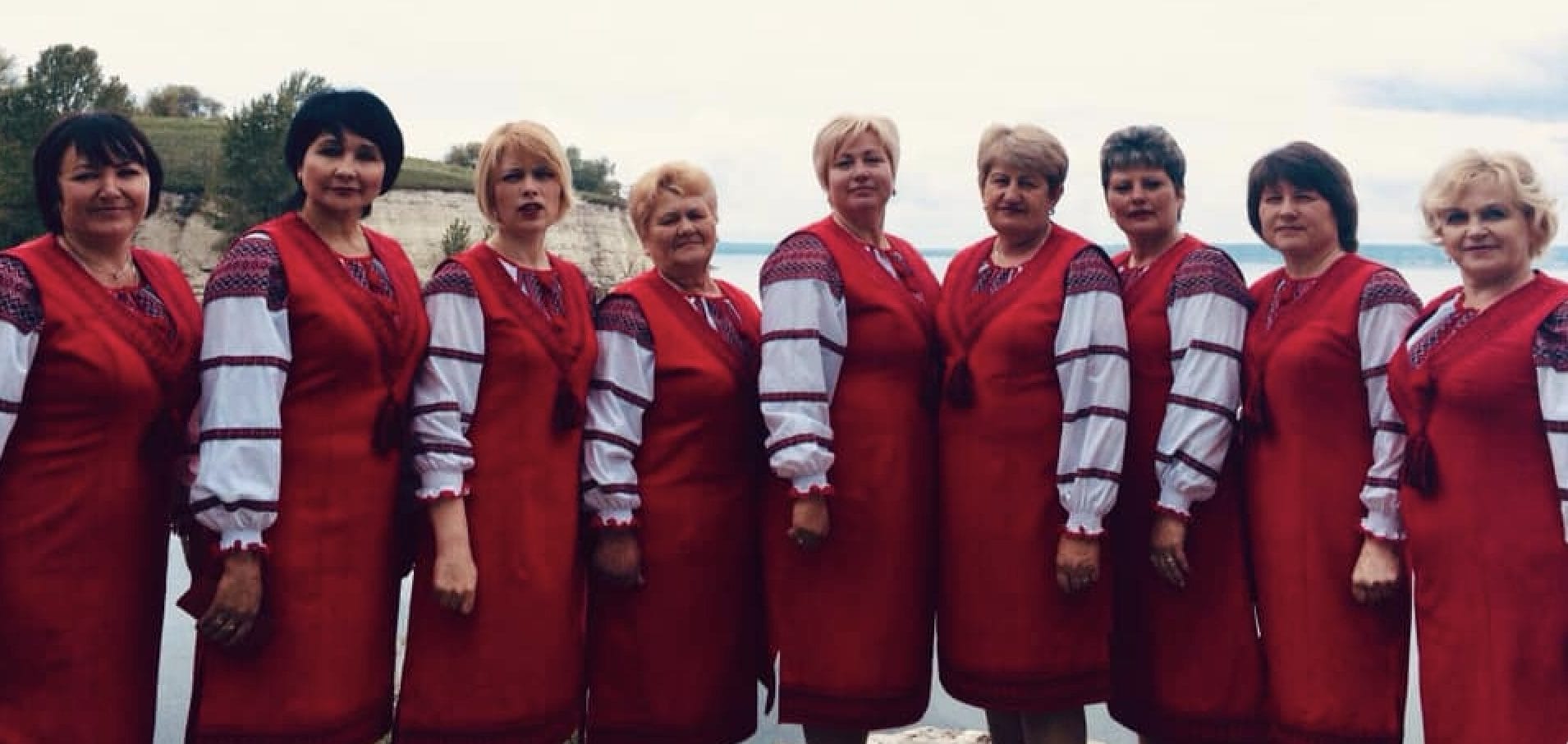
From 2018 until the full-scale invasion, the annual KOZAK FEST quest for elementary school students – “There is no end to the Cossack kin” – was held here in the village of Antonivka. It is a patriotic quest that enriches children’s knowledge of Ukraine, Cossack customs and folk crafts, develops logical thinking and the ability to work in a team. Every year, the geography of the participants of the quest expanded from the teams of educational institutions of our community to participants from the neighboring communities of Hornostaivka and Zelenyi Pid.
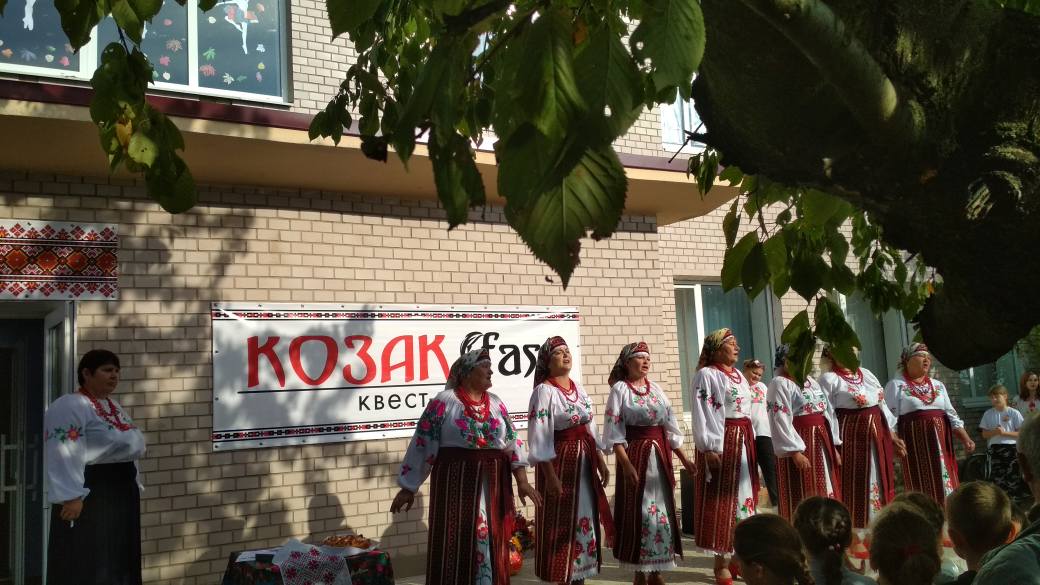
By 2022, the community had created a Peace Academy on the basis of the Kostiantynivka Educational Institution. The goal of the project is to educate the young generation as “citizens of peace” who have an active public position and universal values of peace – love, gratitude, understanding, respect, law-abidingness – and practical peace-building skills. As part of this project, students of three educational institutions completed online training and obtained relevant certificates. The next stage was supposed to be the implementation of international cooperation with students from other countries, but the project was suspended due to the occupation of the territories and the temporary suspension of the functioning of the institution.
Development Strategy
While the community is occupied by russian troops, the main strategic goal of the community is recovery after de-occupation, therefore preparatory work is currently underway and an action plan is being drawn up to create safe conditions (demine territories) to restore the functioning of agricultural enterprises and personnel potential for the restoration of the work of communal institutions.
The leadership team is working on ways to support and develop small and medium-sized businesses and has plans to create a hub to support military personnel.
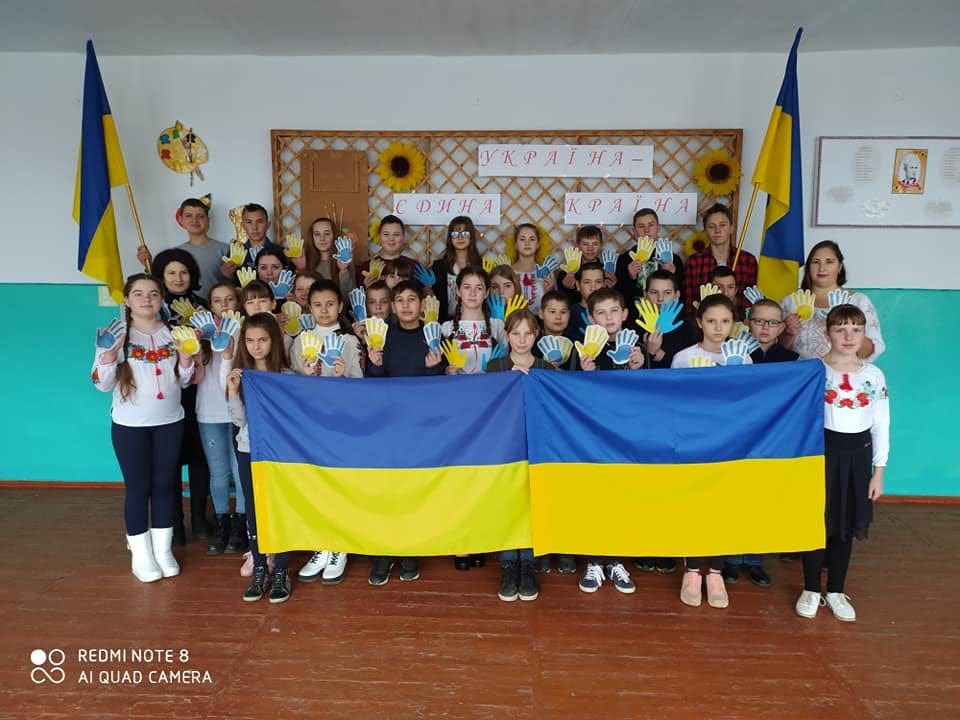
Before the full-scale invasion, the community was actively developing and participating in Ukrainian national and international projects.
Within the framework of the “U-LEAD with Europe” project, a new modern center for the provision of administrative services was created.
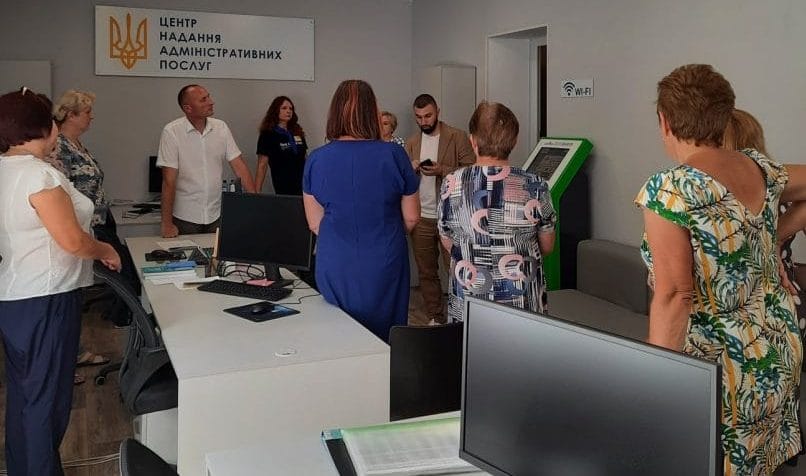
With the support of the United Nations Development Program (UNDP), tablets for students from low-income children; mobile case and software for the Administrative Services Center; a dual-purpose vehicle for the provision of social services at the place of residence of service recipients were purchased here.
As part of the project of the Ministry of Communities and Territories Development of Ukraine and UN Women “Strengthening gender equality and empowering women through decentralization reform in Ukraine”, a gender profile of the community was developed here, and gender audits of the premises where the village council institutions are located were conducted. The needs of residents in social, cultural and administrative services were determined.
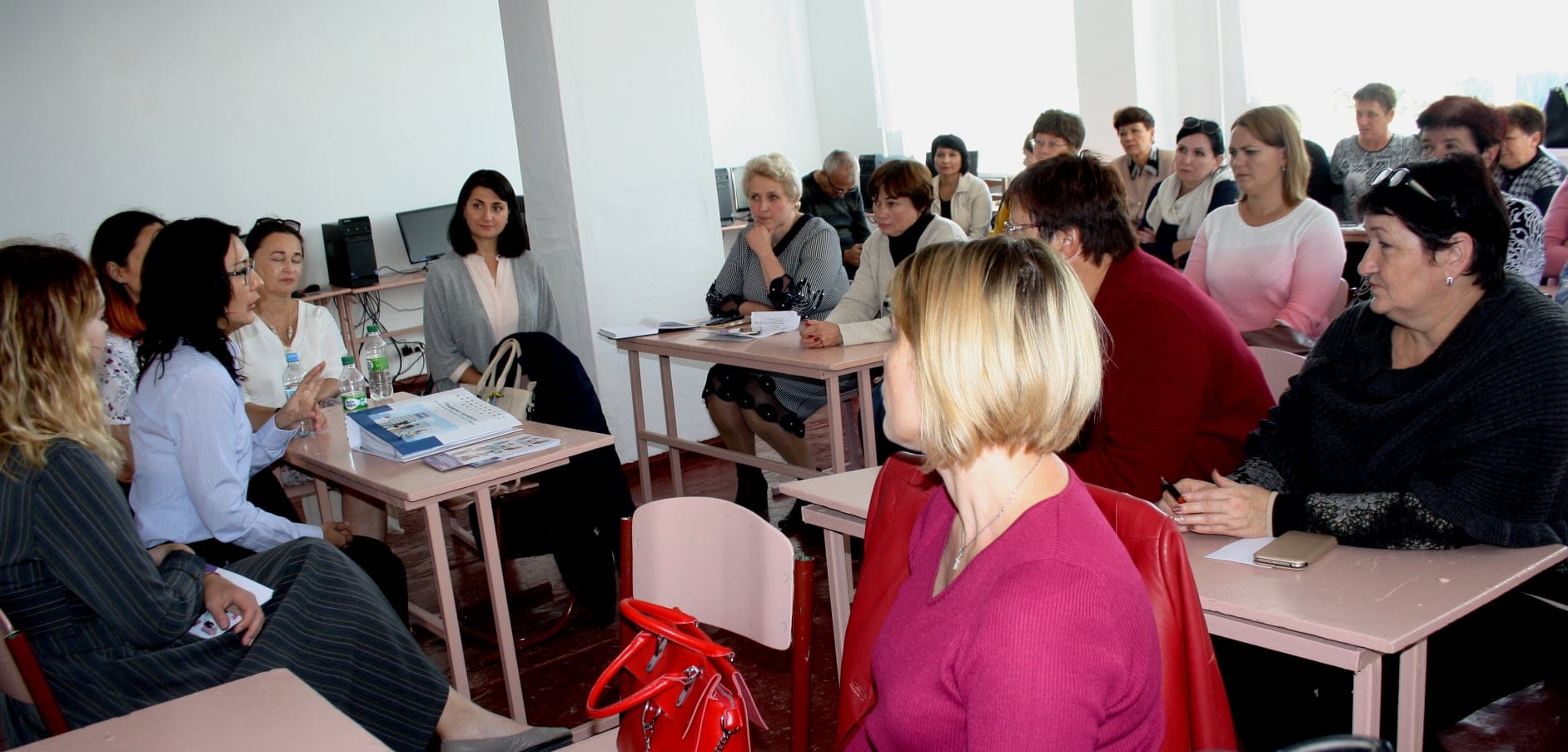
Residents of the community believe that they will come back home and are open to cooperation with international partners.
List of Sources
- Official website of the community
- Official Facebook page
- Facebook page of the NGO “Dubivskyi Dobrobut”
- Website of the NGO “Yednist”
- Facebook page of the Antonivka village club, NGO “Viktoria”
- Facebook page of the Department of Education, Culture, Youth and Sports of the Kostiantynivka United Territorial Community
